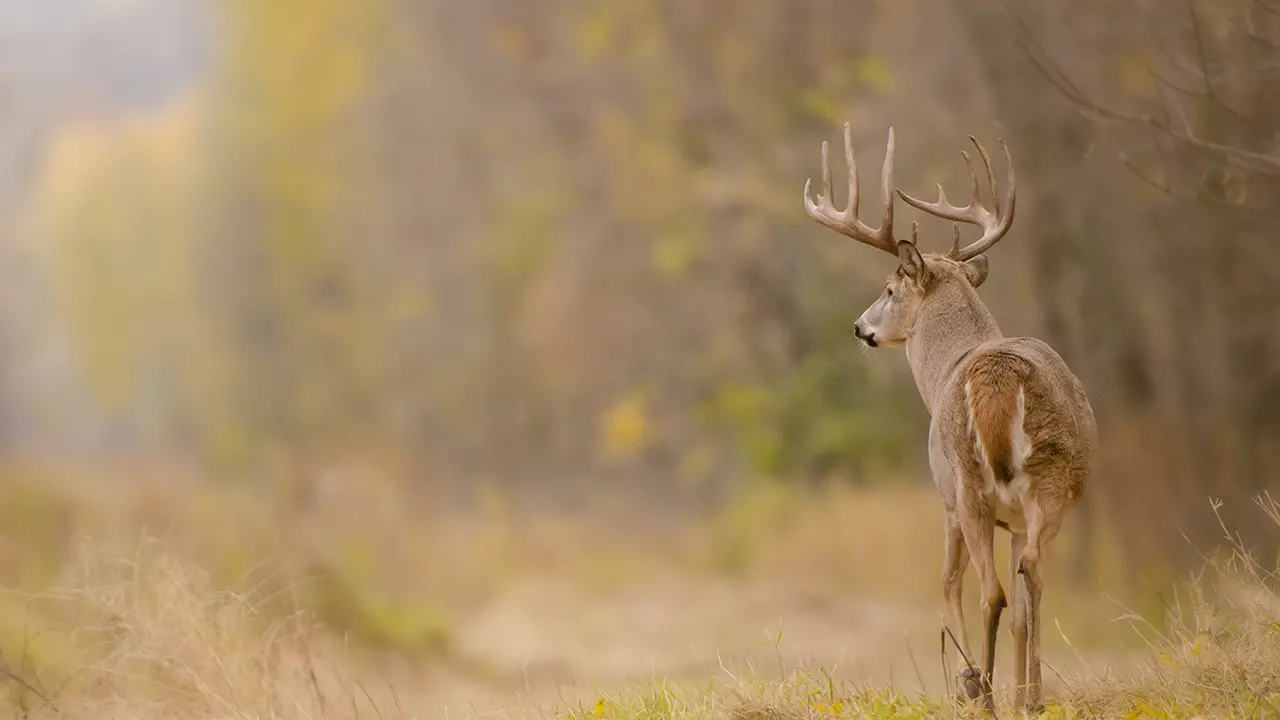The cervid livestock industry is rapidly expanding in rural America, with over 250 farms dedicated to raising deer in Missouri alone. To enhance herd health and bolster the state’s economy, researchers at the University of Missouri are exploring effective management practices for white-tailed deer on these farms.
The Mizzou College of Veterinary Medicine’s Veterinary Medical Diagnostic Laboratory (VMDL) is integral to this research.
A recent study led by Mizzou researchers, published in the Journal of Veterinary Diagnostic Investigation, reveals that infections are a major concern for white-tailed deer on Missouri farms. These findings are crucial for farmers and veterinarians to make informed decisions regarding antibiotic use and disease management strategies.
“When deer are kept in captivity, they often spread pathogens more readily than they would in the wild,” explained Amanda Smith, a clinical assistant professor in Mizzou’s College of Veterinary Medicine and the study’s lead researcher. “If deer farmers observe unexplained deaths in their herds, the VMDL can assist in diagnosing the issue through necropsies and advanced diagnostics for various diseases.”
By identifying the three most common bacterial pathogens causing pneumonia in farmed white-tailed deer, the study provides valuable information that can guide veterinarians and farmers in selecting the most effective antibiotics for the surviving deer. This data also promotes more responsible antibiotic usage.
“My ultimate goal is to provide actionable data to both producers and veterinarians, enabling them to proactively target specific pathogens that may affect their herds,” Smith stated.
The VMDL is Missouri’s only laboratory accredited by the American Association of Veterinary Laboratory Diagnosticians and is designated as a Level 1 Lab within the National Animal Health Laboratory Network. Last year, the VMDL conducted over 207,000 laboratory tests, serving veterinarians, animal owners, and researchers across 110 counties in Missouri and 28 other states. These efforts contribute significantly to both animal health and the local economy.
“We are not just Mizzou’s diagnostic lab; we are also the state’s diagnostic lab, and we take pride in providing services to stakeholders throughout Missouri,” Smith remarked. “The VMDL exemplifies Mizzou’s land-grant mission to support farmers and their livestock in rural areas.”
Additional initiatives by the VMDL include testing for chronic wasting disease in deer, African swine fever in pigs, avian influenza in poultry, and rabies in companion animals. In 2022, Mizzou began a $30 million expansion and renovation of the VMDL to meet the increasing demand for its services across the state.
